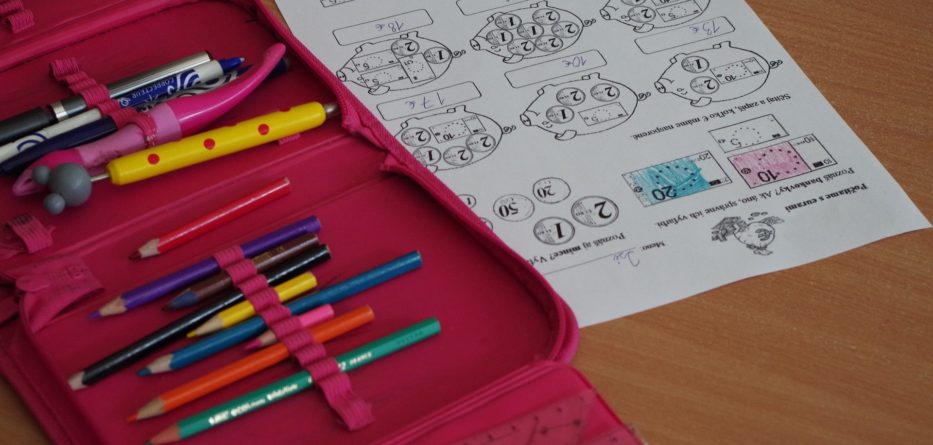Rebecca Harpster
Golden Gate Better Business Bureau
I learned a lot of useful information in school, but one thing that I missed out on was financial education. Very few children learn about budgeting, savings, and how to be a smart consumer in class, leaving the job to parents and other adults.
How do you teach children what is and isn’t an advertisement, how to decide what to spend money on, and the importance of putting away funds in a piggy bank? The mission of Better Business Bureau (BBB) is to be the leader in advancing marketplace trust, and part of that involves helping people be smart, educated consumers. Learning these skills when young is a great way to make sure they stick!
The following tips from your BBB will help children become successful participants in the marketplace:
- Give an allowance. The best way to become a smart consumer is through practice! One way to help children learn is by providing them with an allowance. This will teach them about money management. Encourage them to save a certain amount every month and talk about the difference between needs and wants. When their savings allow them to buy a special treat at the end of the year, the lesson will be learned. Although it’s tempting to set limits around purchasing, setting too many limits will hinder a child’s understanding of money management. Learning through trial and error is key. Allowing kids to have purchasing power can teach them the value of money, and may help them take better care of their possessions.
- Talk about ads. It can be very difficult for children to understand what is, and isn’t, an advertisement. These days, ads are embedded in to apps and games, and their favorite video bloggers are being paid to promote certain products (and aren’t disclosing it). Although the Federal Trade Commission (FTC) works to protect children from “unfair and deceptive marketing practices”, bad actors slip through the cracks, and kids need help. When you’re with a child and see an advertisement, talk to them about the ad and help them think critically about it. What is it selling? How is it being sold? How does it make you feel? This will help them recognize ads and lessen their effect. It’s also smart to teach kids to look out for deceptive advertising techniques. The BBB AdTruth website, bbb.org/council/ad-truth, has great resources to help people of all ages learn about advertising, report bad advertising, and think before responding impulsively to an advertised offer.
- Model good behavior. Children learn by example, and they look up to the adults in their life. Exercise restraint when making “want” purchases, and save for your future. Show them that you don’t lose money to unethical businesses or scams. Do your research at bbb.org before engaging with a business to make sure you’re making a good decision, and stay up to date on recent scams by checking out BBB Scam Tracker (bbb.org/scamtracker) periodically.
- Earning money. It’s a good idea to open up a savings account for a child to help them learn about interest and the “free” money that they can earn from saving. Paying a few dollars for extra chores around the house can teach kids about the value of hard work – money that is truly earned is extra special! Encourage a child’s entrepreneurial spirit, but also make sure to teach them about business ethics. Show them the BBB Standards for Trust (bbb.org/en/us/standards-for-trust) and make sure they understand the importance of all eight Standards.
You can reach your BBB at info@bbbemail.org or (510) 844-2000, or by visiting bbb.org.






